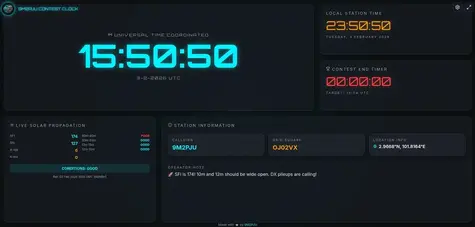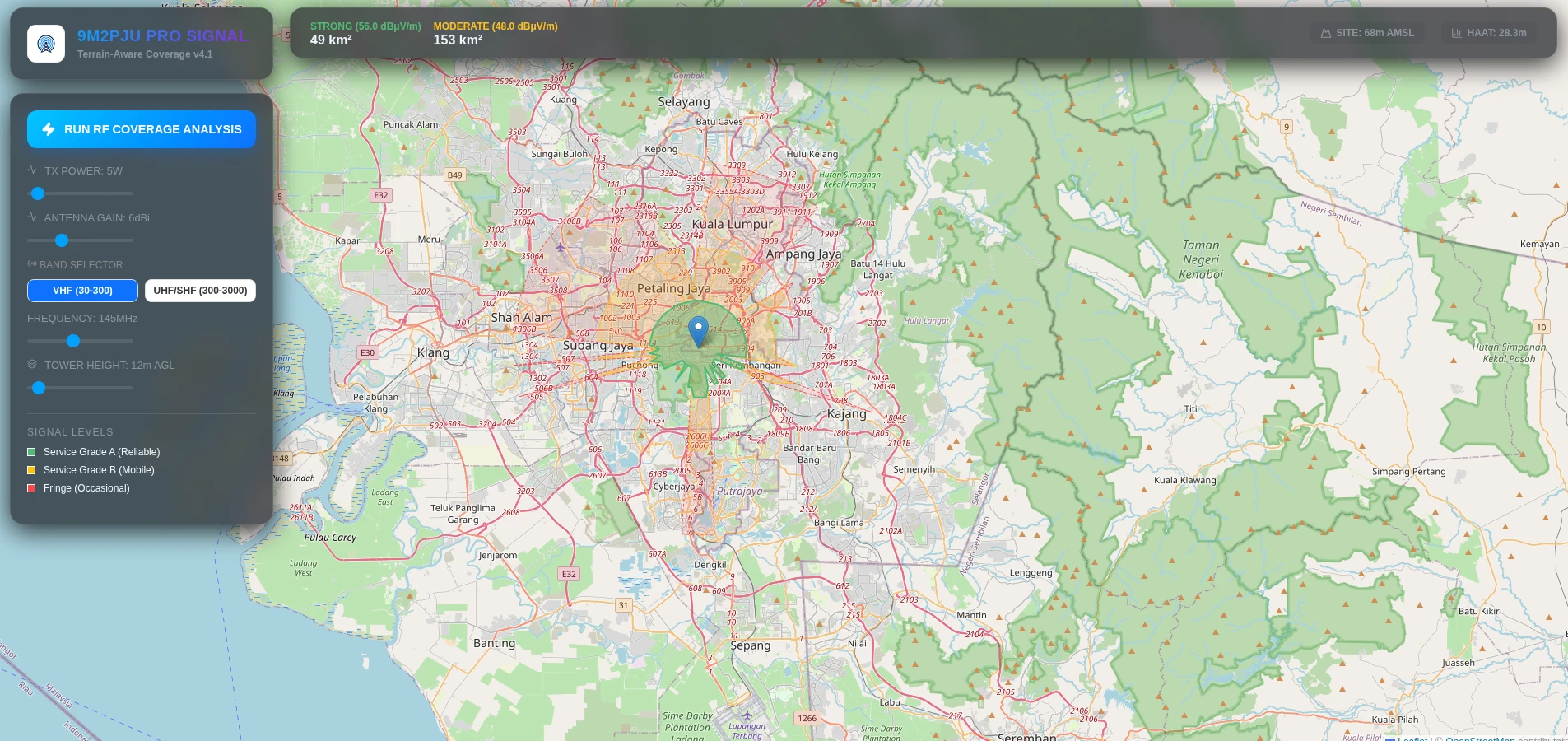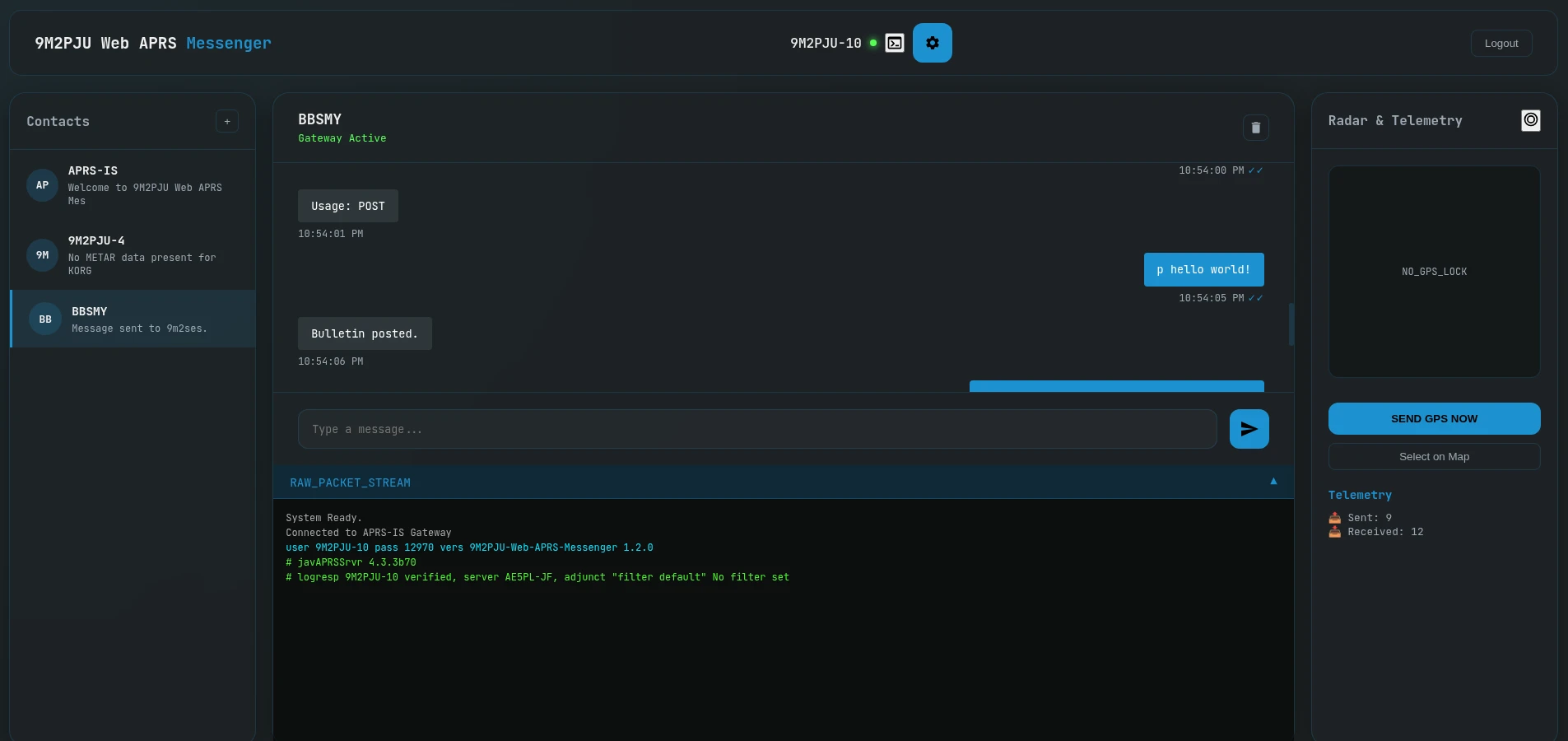Staying Connected: Amateur Radio’s Role During Egypt’s Internet Blockage
Introduction:
In recent years, the internet has become an integral part of our daily lives, connecting people across the globe. However, there are instances when internet access can be disrupted, as seen during the internet blockage in Egypt. In times of such technological challenges, amateur radio has proven to be a reliable and resilient mode of communication. In this blog post, we explore the crucial role amateur radio played during Egypt’s internet blockage, ensuring connectivity and emergency communication.
SEO Keywords: Amateur radio, Egypt, internet blockage, resilient communication, emergency communication
- The Internet Blockage in Egypt:
In January 2011, Egypt experienced a significant internet blockage during a period of political unrest. The government intentionally shut down internet access, disrupting communication channels and isolating the country from the global network. This deliberate action impacted millions of people, affecting their ability to communicate and access information. - Amateur Radio’s Resilience:
Amateur radio, with its independent infrastructure and reliance on radio waves, proved to be a critical communication resource during Egypt’s internet blockage. Hams, equipped with their radios and antennas, were able to establish communication links when traditional means were unavailable. This resilience highlighted the importance of amateur radio as a backup communication system, especially during times of crisis. - Emergency Communication Networks:
Amateur radio operators swiftly mobilized to establish emergency communication networks throughout Egypt. They set up temporary stations in strategic locations, connecting affected areas and providing a lifeline for communication. These networks facilitated the exchange of vital information, coordinated emergency response efforts, and helped individuals stay connected with their loved ones. - Worldwide Support and Collaboration:
The amateur radio community extends beyond borders, with operators from around the world coming together in times of need. During Egypt’s internet blockage, international hams offered their assistance by relaying messages, providing technical support, and sharing valuable resources. This global collaboration demonstrated the power of amateur radio in fostering international solidarity and supporting communities in crisis. - Supporting Humanitarian Aid and News Distribution:
Amateur radio played a vital role in supporting humanitarian aid efforts during the internet blockage. It enabled communication between relief organizations, allowing them to coordinate their activities, assess needs, and provide assistance where it was most needed. Additionally, hams served as a means of distributing news and information, keeping people informed about the situation within Egypt when traditional media channels were disrupted. - Lessons Learned and Future Preparedness:
The internet blockage in Egypt served as a reminder of the importance of alternative communication methods during times of crisis. It highlighted the need for individuals, communities, and governments to recognize and support amateur radio as a resilient communication tool. Lessons learned from this experience can inform future preparedness efforts, ensuring that amateur radio is integrated into disaster response plans and that operators receive the necessary support and recognition.
Conclusion:
The internet blockage in Egypt underscored the critical role of amateur radio in providing reliable communication during times of disruption. Hams stepped up to bridge the communication gap, establishing emergency networks, supporting humanitarian aid efforts, and keeping people connected. This experience serves as a testament to the resilience of amateur radio and its ability to provide a lifeline during challenging situations. As we navigate an increasingly connected world, acknowledging and supporting amateur radio’s role in emergency communication is crucial for building resilient communities and ensuring connectivity, even when traditional means falter.







2 comments